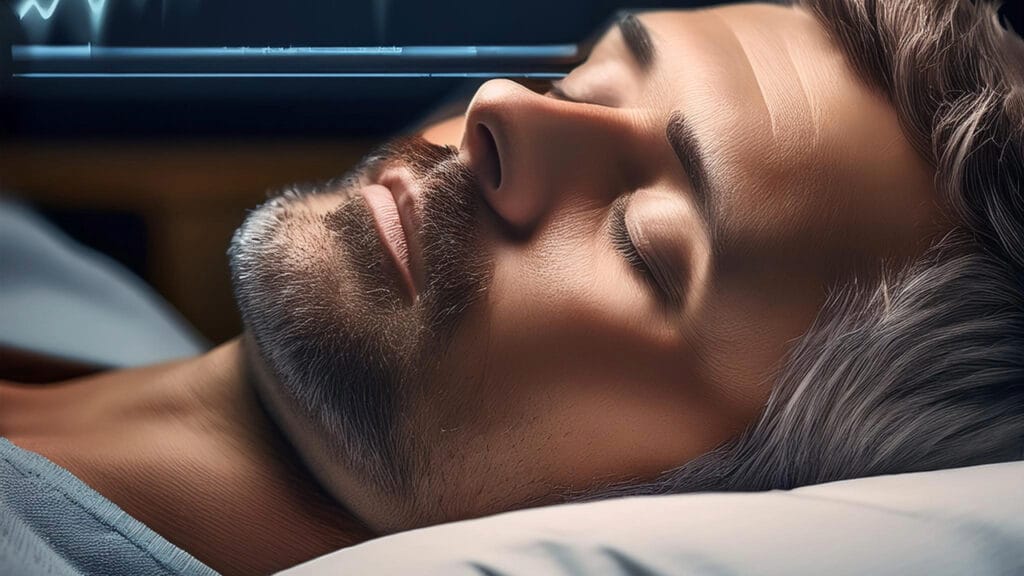Introduction
Sleep apnea is a common sleep disorder characterized by repeated interruptions in breathing during sleep. It is a serious condition that can have significant health implications if left untreated. This article provides an overview of sleep apnea, including its types, symptoms, and treatment options.
Understanding Sleep Apnea
Types of Sleep Apnea
- Obstructive Sleep Apnea (OSA): The most common type, OSA occurs when the muscles in the throat relax excessively, causing the airway to become blocked during sleep.
- Central Sleep Apnea: This less common type occurs when the brain fails to send the correct signals to the muscles that control breathing.
- Complex Sleep Apnea Syndrome: Also known as treatment-emergent central sleep apnea, this occurs when someone has both obstructive sleep apnea and central sleep apnea.
Common Symptoms
- Loud Snoring: Snoring is a common symptom of sleep apnea, particularly in cases of obstructive sleep apnea.
- Gasping for Air: Individuals with sleep apnea may wake up suddenly, gasping for air due to interrupted breathing.
- Excessive Daytime Sleepiness: Sleep apnea often leads to poor sleep quality, resulting in excessive daytime sleepiness and fatigue.
Health Risks Associated with Sleep Apnea
Cardiovascular Complications
- Hypertension: Sleep apnea can cause blood pressure to rise due to the repeated interruption of breathing during sleep.
- Heart Attack and Stroke: The condition is associated with an increased risk of heart attack and stroke, particularly in individuals with untreated sleep apnea.
Metabolic and Cognitive Impacts
- Insulin Resistance: Sleep apnea has been linked to insulin resistance, which can lead to type 2 diabetes.
- Cognitive Impairment: Poor sleep quality caused by sleep apnea can affect memory, concentration, and mood, leading to cognitive decline over time.
Diagnosis and Treatment
Diagnosis
- Polysomnography: Also known as a sleep study, this test monitors breathing patterns, heart rate, and oxygen levels during sleep to diagnose sleep apnea.
- Home Sleep Apnea Test: A simpler, at-home version of the sleep study that can be used for initial screening of sleep apnea.
Treatment Options
- Continuous Positive Airway Pressure (CPAP) Therapy: The most common treatment for sleep apnea, CPAP therapy involves wearing a mask that delivers continuous air pressure to keep the airway open during sleep.
- Lifestyle Changes: Weight loss, avoiding alcohol, and sleeping on one’s side can help reduce the severity of sleep apnea.
Conclusion
Understanding sleep apnea and its potential health risks is crucial for effective management. Early diagnosis and treatment can significantly improve sleep quality and overall health. If you or someone you know exhibits symptoms of sleep apnea, it is important to seek medical advice and consider undergoing a sleep study for diagnosis.
Further Reading
For more detailed information on sleep apnea, its symptoms, and treatment options, additional resources and medical guidelines are available through sleep medicine organizations and healthcare providers.




